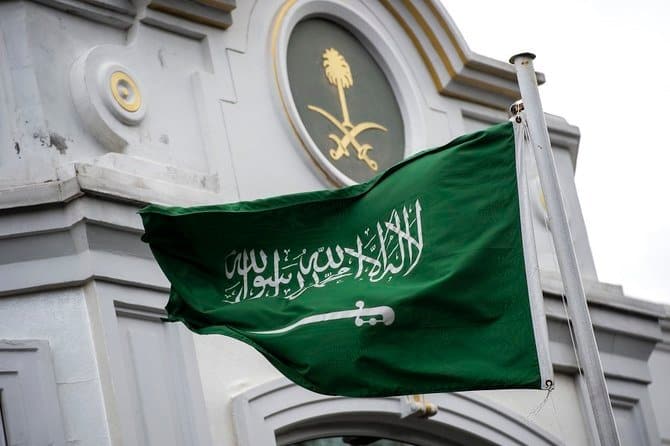Baghdad: Saudi Arabia and Iran have met again in Iraq, several local sources said Wednesday, as talks aiming to ease tensions have continued under President Ebrahim Raisi.
Iran and Sunni power Saudi Arabia, on opposing sides in multiple Middle East conflicts, have been engaged in talks since April at the highest level since cutting ties in 2016.
The discussions, hosted by Iraq as it seeks to act as a regional mediator, were launched under Iran’s former, moderate president Hassan Rouhani, who was replaced in August by Raisi.
The talks have led to “serious progress” regarding Gulf security, Tehran’s foreign ministry spokesperson Saeed Khatibzadeh said on September 23.
The latest round of talks was confirmed by three Iraqi sources, all speaking on condition they not be named.
“An Iranian official met with a Saudi official in Baghdad, following previous meetings between the two countries,” one source told AFP, confirming the talks took place in recent days.
A government official and a source close to the government confirmed the meeting, without providing more details.
Saudi King Salman said in his recent speech by video conference to the UN General Assembly that “we hope that our talks will lead to tangible results that would build trust” and revive bilateral “cooperation”.
He again called on Tehran to “cease all forms of support” for armed groups in the region and reaffirmed the kingdom’s support for “international efforts to prevent Iran from acquiring nuclear weapons”.
Iran nuclear talks
Saudi Arabia and Iran have backed opposite sides of several regional conflicts, from Syria to Yemen, where a Saudi-led coalition is fighting the Huthi rebels.
Iran supports the Huthis, who have launched several rocket and drone attacks against Saudi targets.
The Baghdad talks come during negotiations in Vienna that aim to return the United States to the 2015 nuclear accord and persuade Iran to implement nuclear commitments it suspended in response to US sanctions.
The effort also comes as Washington-Riyadh relations have cooled from the very close ties of the Trump era, as Biden seeks to press the oil-rich kingdom over human rights concerns.
Iraq, wedged between Iran to the east and Saudi Arabia to the south, is meanwhile trying to serve as a mediator, to avoid becoming a battleground for regional powers.
The war-battered country hosts about 2,500 US troops, and Kadhemi’s government has come under intense pressure from Iran-backed paramilitary groups to send them home.
Pro-Iranian groups label the prime minister a US lackey and have launched multiple rocket attacks against Western troops and diplomats based in the country.
Tricky issues
It was in Iraq that the Trump administration ramped up tensions with Iran when a US drone strike in Baghdad early last year killed revered Iranian General Qassem Soleimani.
While Iraq then was led by prime minister Adel Abdel Mahdi, who had brought pro-Iranian factions into the heart of the state, Kadhemi is seen as closer to the US and to Saudi Arabia.
He is a personal friend of the Saudi de facto ruler, Crown Prince Mohammed bin Salman, under whom the kingdom has pledged some $3 billion in investment in Iraq, which lacks adequate roads, power and water plants, schools and hospitals.
Before Saudi Arabia and Iran can put aside their differences, they will have to resolve a series of tricky issues, said analyst Bakawan.
For Saudi Arabia, he said, the top priorities are the Iran nuclear issue and “the ‘militia-ization’ of the Middle East, particularly in Lebanon and Syria” where Iran has supported armed groups.
For Tehran, added Bakawan, major issues include the fate of Shiites living inside Saudi Arabia and accusations of “financing by Riyadh of radical violence in countries where there is an Iranian presence”.
The sensitivity of the issues means both sides are likely to maintain silence on the Baghdad talks for now.
But, behind the scenes in Iraq, Iranians and Saudis are still there, said the analyst.
“At this very moment, small groups from both delegations are negotiating the technical details of all the issues, under the sponsorship of Mr Kadhemi,” said Bakawan.







